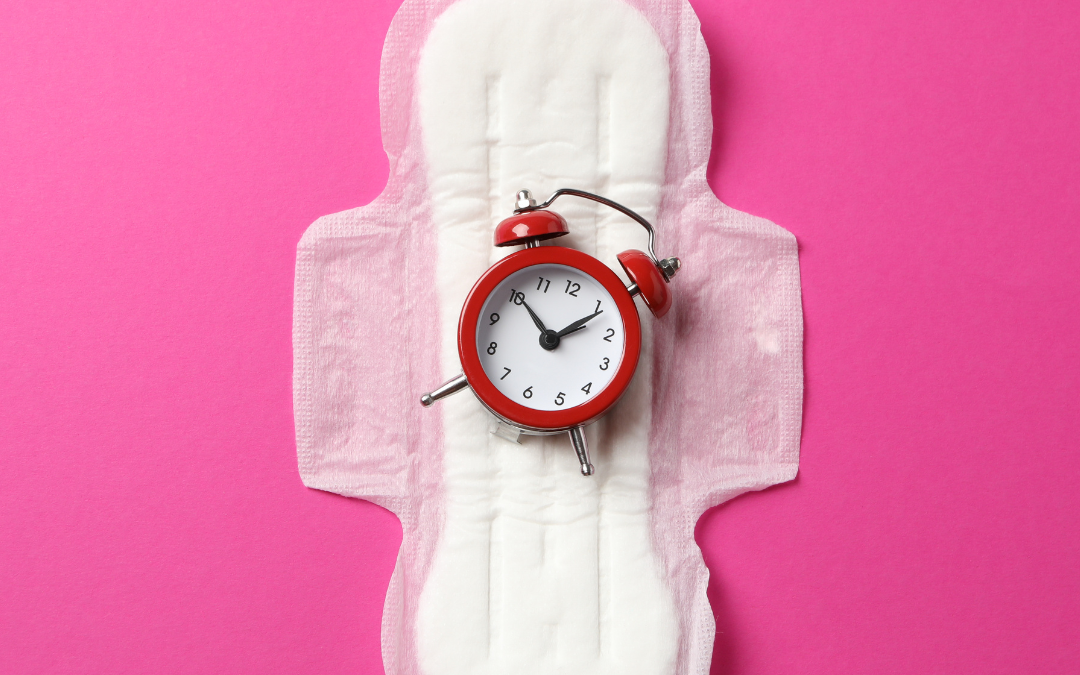Menopause – the inevitable phase that every woman goes through. It’s like a roller coaster ride of hormones and emotions, and oh boy, those hot flashes! If you’re wondering, “Am I menopausal?” – buckle up because I’ve got some survival tips for those fiery moments.
When does menopause typically start?
First things first, let’s talk about menopause. It’s like hitting a biological reset button on your reproductive system. As an OB/GYN, I’ve seen countless women experience this transition, and trust me; you’re not alone in this journey. Menopause typically hits between 45 and 55, with 51 being the average age. Yet, it is important to remember; it’s not a one-size-fits-all timeline – every woman’s body has its own schedule.
Menopause vs. peri-menopause
Menopause is when a woman over the age of 40 has no period for 12 months due to decreased ovarian function with low estrogen and high FSH (follicle stimulating hormone). 90% of women will experience menopause between the ages of 45 – 55. The average age of menopause is 51 . The average age of peri-menopause is 47. Peri-menopause or the menopausal transition is the few years leading up to menopause.
Symptoms of peri-menopause
- Periods that are spacing out
- Hot flashes
- Night sweats
- Mood changes/depression
- Sleep disturbance
- Vaginal dryness
- Decrease in libido
When should I talk to my doctor?
- If you are under the age of 40 with any of the above symptoms.
- If your periods are getting significantly heavier, much closer together, or bleeding in between periods at any age. (Women in their late 30s to early 40s can have periods that get slightly heavier with slightly shorter cycles, but these changes should not be significant).
- If any of the above symptoms are interruptive to your daily life.
- Beware of “hormone” centers offering compounded therapies and expensive hormone testing. This is unnecessary and costly. If you are healthy, over the age of 45 with classic symptoms, and periods that are spacing out, you may not need any hormone testing at all.
- If you are still having periods, you could still become pregnant. You must remain on a reliable form of contraception (or permanent sterilization) until your doctor diagnoses you as menopausal.
Tips for surviving hot flashes
Okay, so let’s say your doctor diagnosed you as menopausal. Let’s get honest about those notorious hot flashes. Imagine suddenly feeling like you’re basking in the Sahara Desert, even though you’re just chilling at home. These sudden bursts of heat can make you break a sweat faster than a workout, and they can strike anytime, anywhere. So, how do you survive them? Here are some handy tips.
- Stay Cool, Literally – Keep your surroundings cool. Open a window, use a fan, or invest in a mini handheld fan. These little lifesavers can be your best friends during a hot flash.
- Go Easy on Caffeine and Spicy Foods – Limit caffeine and spicy foods. These can trigger hot flashes or make them worse. Opt for soothing herbal teas and milder dishes.
- Breathe, Breathe, Breathe – Practice deep breathing. When a hot flash strikes, take slow, deep breaths. It might not vanish the heat, but it can help you stay calm and collected.
- Remember, Hydration is Key – Stay hydrated. Sip on water throughout the day to help regulate your body temperature.
- Ditch the Tight Clothes – Choose loose, breathable fabrics. Tight clothing can trap heat and make those hot flashes even hotter.
- Regular Exercise – Stay active. Physical activity can regulate hormones and manage hot flashes. A win-win for your body and your mood.
- Practice Mindfulness and Relaxation – Embrace mindfulness and relaxation techniques. Stress can trigger hot flashes, so finding your zen can make a significant difference.
Surviving menopause is all about embracing the change. Take time to adapt to your body’s new normal. It’s a phase of life, not a life sentence. If you are menopausal, know that you’re on a path shared by millions of women before you.
This is meant to be educational and not medical advice. Always talk to your doctor if you have questions!

